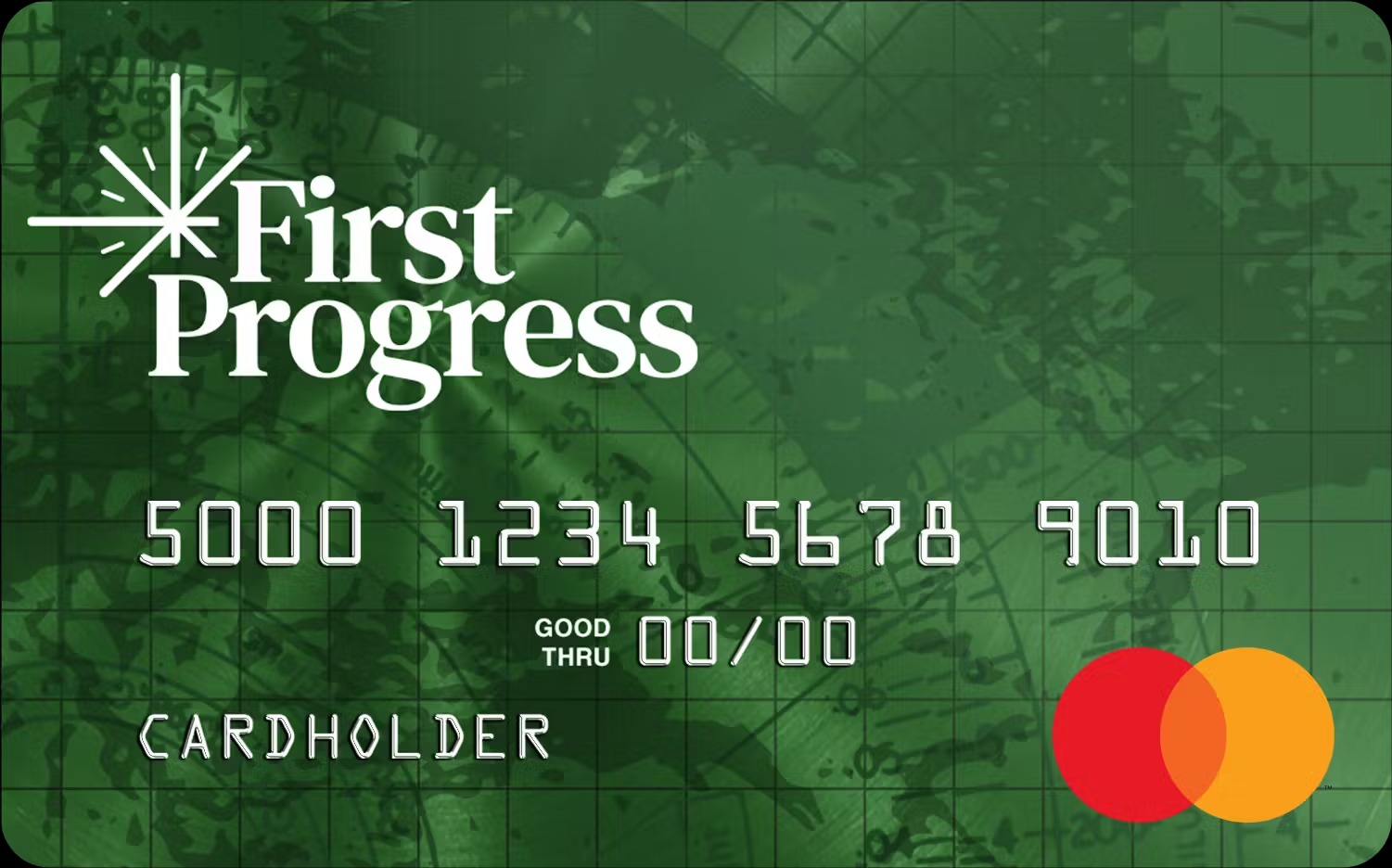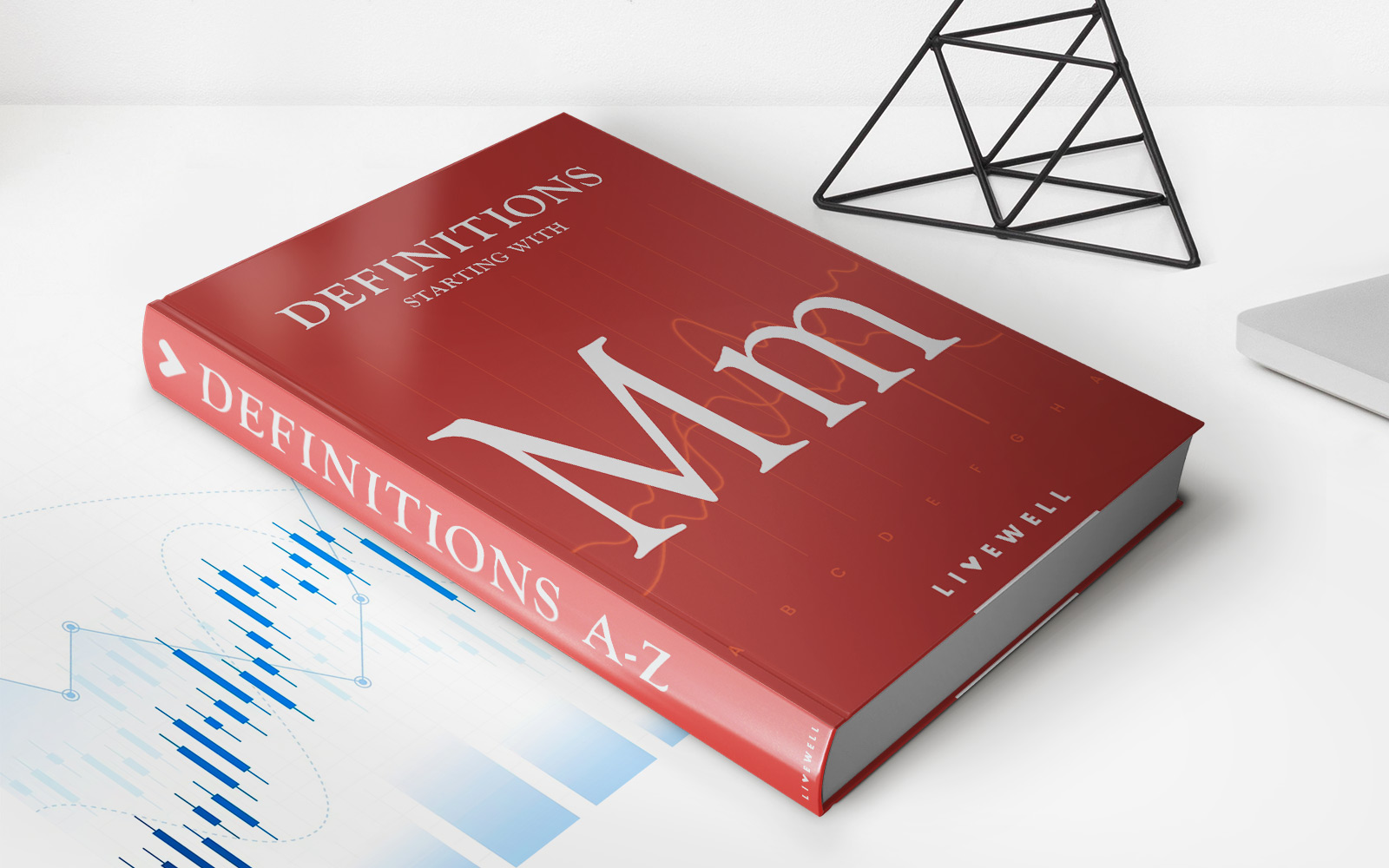

Finance
Which Is The Best Secured Card?
Published: March 1, 2024
Looking for the best secured card to improve your finances? Compare options and find the right fit for your financial needs.
(Many of the links in this article redirect to a specific reviewed product. Your purchase of these products through affiliate links helps to generate commission for LiveWell, at no extra cost. Learn more)
Table of Contents
Introduction
Understanding the World of Secured Credit Cards
Secured credit cards are a valuable financial tool for individuals looking to build or rebuild their credit. These cards provide a way for people with limited or damaged credit histories to access credit and demonstrate responsible financial behavior. While they require a security deposit, they offer the opportunity to establish or improve credit scores, ultimately leading to increased financial flexibility and access to better credit products in the future.
Secured credit cards function similarly to traditional credit cards, allowing cardholders to make purchases and build credit by making on-time payments. However, the key distinction lies in the initial security deposit, which serves as collateral and determines the card's credit limit. This deposit reduces the risk for the card issuer, making secured cards more accessible to individuals with lower credit scores or limited credit history.
Understanding the nuances of secured credit cards is crucial for anyone considering this financial option. By delving into the world of secured cards, individuals can make informed decisions that align with their financial goals and needs. From comprehending the factors to consider when selecting a secured card to exploring the top options available in the market, this guide aims to equip readers with the knowledge necessary to navigate the realm of secured credit cards effectively.
What is a Secured Card?
Demystifying the Concept of Secured Credit Cards
A secured credit card is a financial product designed to help individuals establish, reestablish, or improve their credit. Unlike traditional credit cards, secured cards require the cardholder to provide a security deposit, which typically determines the credit limit. This deposit serves as collateral and mitigates the risk for the card issuer, making it easier for individuals with limited credit history or lower credit scores to qualify for the card.
Upon obtaining a secured card, the cardholder can use it for various transactions, just like a traditional credit card. Regular and responsible use, including making on-time payments and keeping balances low, can contribute to building a positive credit history. Over time, this can lead to an improved credit score, opening doors to better financial opportunities.
It’s important to note that while secured cards require a security deposit, this deposit is fully refundable, provided the cardholder manages the account responsibly and clears any outstanding balances. Additionally, the cardholder’s payment activity is reported to the major credit bureaus, influencing their credit score and overall creditworthiness.
Secured credit cards are particularly beneficial for individuals who are new to credit, have encountered financial challenges in the past, or are working towards rebuilding their credit. By leveraging these cards effectively, individuals can lay a strong foundation for their financial future and gain access to a wider range of credit products and favorable terms.
Understanding the role and function of secured credit cards is essential for individuals seeking to improve their credit standing. With the right knowledge and approach, secured cards can serve as a stepping stone towards achieving greater financial stability and independence.
Factors to Consider When Choosing a Secured Card
Key Considerations for Selecting the Right Secured Credit Card
When evaluating secured credit card options, several crucial factors come into play, influencing the overall suitability and benefits of the card for the individual. Understanding these factors is essential for making an informed decision and maximizing the positive impact of the secured card on one’s financial journey.
- Security Deposit: The amount of the security deposit required for a secured card is a significant consideration. It typically determines the card’s credit limit and varies among different card issuers. Individuals should assess their budget and financial capabilities to determine an appropriate deposit amount.
- Annual Fee: Many secured credit cards come with an annual fee. While this is a common feature due to the increased risk associated with these cards, individuals should compare the annual fees of different options and consider the value provided in relation to the fee.
- Interest Rates: Understanding the interest rates applicable to the card is crucial, especially for individuals who plan to carry a balance. While secured cards often have higher interest rates than traditional credit cards, comparing and selecting a card with competitive rates is advisable.
- Credit Reporting: It is vital to choose a secured card that reports payment activity to the major credit bureaus. Positive reporting can significantly impact one’s credit score, so selecting a card with robust reporting practices is essential.
- Upgrade Opportunities: Some secured card issuers offer pathways for cardholders to upgrade to unsecured cards after demonstrating responsible credit management. Exploring these upgrade options and the associated criteria can be beneficial for long-term credit planning.
- Additional Benefits: While secured cards may not offer the same extensive benefits as traditional credit cards, some may include perks such as cash back rewards or other incentives. Evaluating these additional benefits can add value to the chosen secured card.
- Customer Service and Support: Assessing the quality of customer service and the availability of resources for cardholders is important. Responsive and supportive customer service can enhance the overall cardholder experience.
By carefully considering these factors and conducting a thorough comparison of available secured credit card options, individuals can identify a card that aligns with their financial goals and sets the stage for a positive credit-building journey.
Top Secured Cards in the Market
Exploring Noteworthy Secured Credit Card Options
Several secured credit cards stand out in the market, offering valuable features and benefits for individuals looking to build or rebuild their credit. These top secured cards are recognized for their favorable terms, credit-building opportunities, and overall value for cardholders.
- Discover it® Secured Credit Card: This card is highly regarded for its cash back rewards program, allowing cardholders to earn rewards on their purchases. With responsible use, cardholders have the potential to transition to an unsecured card, and the card reports to all three major credit bureaus.
- Capital One Secured Mastercard: Known for its accessibility and straightforward terms, this card offers a relatively low security deposit requirement and provides an opportunity for credit limit increases with responsible use. It also comes with no annual fee.
- Citi® Secured Mastercard®: With a competitive security deposit and the potential for credit limit increases after consistent on-time payments, this card is designed to help individuals establish or rebuild their credit. It reports to the major credit bureaus, contributing to positive credit history.
- OpenSky® Secured Visa® Credit Card: This card is notable for not requiring a credit check during the application process, making it accessible to individuals with limited credit history or past financial challenges. It reports to all three major credit bureaus, aiding in credit score improvement.
- Secured Mastercard® from Capital One: Another offering from Capital One, this secured card stands out for its potential for a low initial deposit and the opportunity to build credit with responsible use. It reports to the major credit bureaus, supporting credit history enhancement.
These top secured credit cards are recognized for their contribution to credit building, accessibility, and potential for transitioning to unsecured cards in the future. By exploring these options and comparing their features, individuals can identify a secured card that aligns with their financial objectives and sets them on a path towards improved credit health.
Conclusion
Navigating the Path to Stronger Credit with Secured Cards
Secured credit cards serve as a valuable tool for individuals seeking to establish, reestablish, or improve their credit. By providing a structured and accessible means to build a positive credit history, these cards empower individuals to take control of their financial futures and access a wider range of credit products and opportunities.
When considering secured credit cards, it is essential to weigh the factors that influence the suitability of a card for one’s unique financial circumstances. From the security deposit and annual fees to credit reporting practices and potential upgrade pathways, each aspect plays a crucial role in shaping the impact of the secured card on one’s credit journey.
Exploring the top secured credit card options in the market reveals a range of choices, each with its own set of benefits and features designed to support credit building and financial progress. By carefully evaluating these options and selecting a secured card that aligns with their goals, individuals can embark on a journey towards stronger credit health and enhanced financial well-being.
Ultimately, secured credit cards offer a pathway for individuals to demonstrate responsible credit management, establish positive financial habits, and pave the way for improved credit scores. With the right knowledge and approach, individuals can leverage secured cards as a stepping stone towards achieving greater financial stability and independence.
As individuals navigate the realm of secured credit cards, it is important to approach the process with a clear understanding of their financial goals and a commitment to responsible credit use. By doing so, they can harness the potential of secured cards to build a solid credit foundation and open doors to a brighter financial future.














